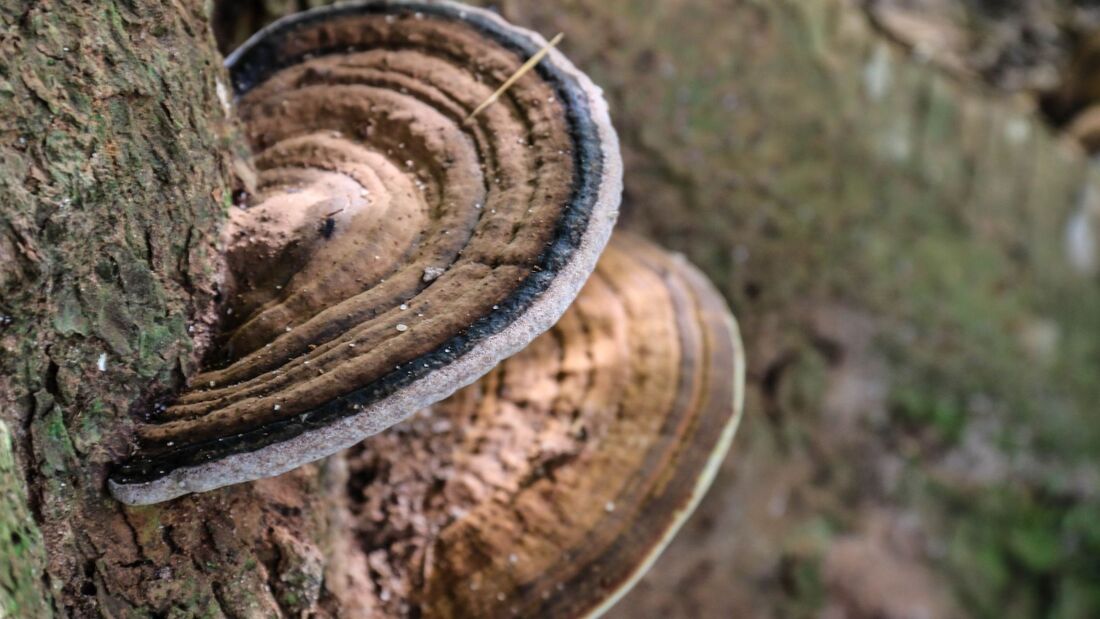Quality Online Learning with a Supportive Interactive Cohort
|
The lectures are divided into high quality video segments making the material easily accessible and digestible in an online format. Students can view the material in succession and look up individual topics, herb profiles or formula breakdowns that they want to see again. This format facilitates the study of a large volume of material while at the same time providing an easy reference tool for students and practitioners for future practice.
Evan taught a live herb program for 10 yrs where it was common for students to record the lectures for future reference. This online format allows him to organize the program into segments consciously with a view of the overall pedagogy and keeping in mind that students may choose to reference the material for a number of years. This format makes the material much easier to integrate! |
What is Emphasized in Yao Shan Herb Program?
Approach Chinese Herbs as Living Beings, with a Naturalist Lens
|
Chinese herbs are studied with a focus on how their Qi is expressed through form. This helps us to decode their functions and indications. This naturalist approach lends insight into factors too often overlooked as the herbs are shuffled into categories and abstractions. With this view we can have greater intimacy with the herbs and it makes memorization easy! |
Formulas as Teachers
Drawing Subtle Clinical Distinctions
|
Evan takes a deep dive into the treatment strategies and pathomechanisms behind each formula. Chinese herbal formulas act as teachers of treatment strategies and vehicles that impart subtle clinical distinctions. Understanding the architecture of formulas and patho-mechanisms that they reveal, allows the practitioner to engage diagnosis and treatment with more clarity. From that clarity formulas become transmitters of the 意 yi/intention of specific healing. |
Clinical Integration Rooted in Diagnostic Skills
|
Diagnostics are demonstrated throughout the course of study using using case studies and clear examples of pulse and tongue.
Each month students will meet online with Evan where tongue and pulse presentations will be given to clarify the material of the monthly module and root it in clinical practice. As the program progresses, students will engage in case study discussions and each month's online meeting will leave ample time for ‘Question and Answer’ sessions. The study comes to fruition with clinically relevant integration for your healing practice. |
Chinese Herbs Can Engage the Spirit
|
Herbs have long been used for spiritual cultivation.
We explore the use of herbs as tools for spiritual development and awareness. Chinese Herbs awaken our consciousness through the sensory orifices. They often challenge our senses, calling us to break from an everyday expectation. Herbs are at the intersection of spiritual practice and health practices in the Yang Sheng/ Nourishing Life/ Longevity approach. Evan discusses individual herbs that have been used in longevity practices and the intersections between cutting-edge contemporary research into aging and Chinese medicine. |
Chinese Herbs Can Impact the Psycho- Emotional Wellbeing
Herbs in their Natural Context and Habitat
Herbal Preparation and Processing / Pao Zhi
|
Evan has a special interest in paozhi, the processing of the herb. This is discussed in detail. Students get an appreciation of how medicinals are transformed from their natural environment to the “crude stage” to the “decoction pieces” that we see on the shelf.
The nuances of how practitioners use paozhi-processing to emphasize a quality or function of an herb is explained. For instance, salt-frying can facilitate an herb's entry to the Kidney while wine-washing an herb helps it enter the blood. These subtleties are elaborated in the individual herb profiles. |
Herbs For the Channel Systems:
Luo, Sinew, Divergent and Extraordinary Vessels
|
Evan has a special interest in how Chinese herbs encounter the various Channel Systems beyond the Primary channels and Zang Fu models.
Integrated into the lectures is information about how specific herbs enter the Sinew, Luo, Divergent Channels and the Eight Extraordinary Vessels. As an example of bonus material, students also gain access to Evan’s class on Chinese Herbs for the Luo Vessels. |
Medical Terminology
|
Special attention is paid to clarifying Chinese medical terminology used to describe herb functions. By understanding the distinctions between common terms, etymologically and clinically, students gain a deeper apprehension and ability to discern herb selection. Learning the distinctions in terms like “clearing-qing 清” and “regulating-tiao 調” or “draining-xie泄” and “transforming-hua 化” lend insights into treatment strategies and diagnosis. |










